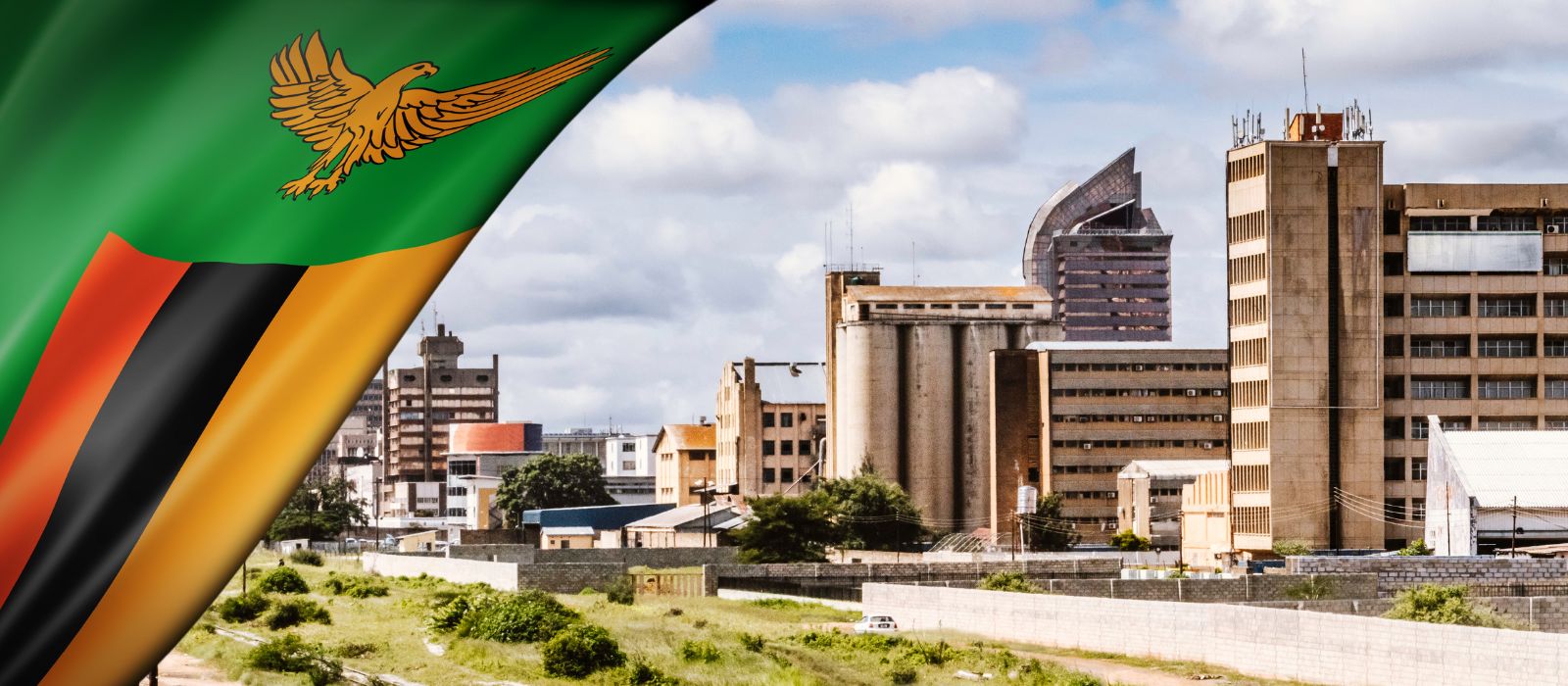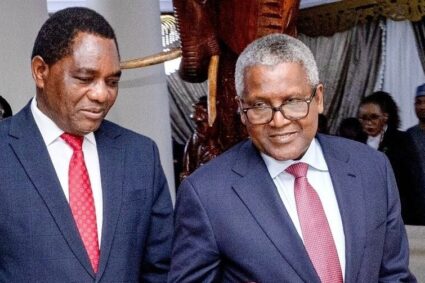
The World Bank Group has projected that Zambia could secure $21 billion in cumulative investments between 2025 and 2030, spurring economic growth across mining, agriculture, tourism, and energy sectors. This projection, announced during the Public-Private Dialogue Forum (PPDF) in Lusaka, underscores the potential of structural reforms in catalysing Zambia’s private sector to unlock transformative development.
Ernesto Cordova, Lead Economist at the International Finance Corporation (IFC) of the World Bank Group, highlighted that private sector growth remains indispensable to driving Zambia’s economic expansion. Cordova asserted that implementing sectoral reforms would not only attract fresh capital inflows but could also generate an estimated 800,000 jobs over the five-year period.
Cordova, a veteran with over two decades of experience in economic development within emerging and frontier markets, outlined measures required to bolster investor confidence. He cited Zambia’s historical policy trajectory—particularly nationalisation of mines under previous administrations—as a lingering factor stifling foreign investment. For Zambia to realise its economic potential, he advised fostering greater transparency in licensing, streamlining regulatory processes, and facilitating smoother business operations, particularly in tourism, where untapped value remains considerable.
The World Bank Group’s findings signal a strategic opportunity for Zambia to reposition itself as a regional investment hub. While the economy remains anchored in copper mining, global calls for diversification, combined with efforts to leverage natural endowments such as agriculture and renewable energy, place Zambia in a position of significant promise. Tourism, for example, has long been constrained by bureaucratic inefficiencies and fragmented licensing systems, a challenge the government has been urged to address.
Despite the optimistic figures, the $21 billion target is contingent on Zambia’s commitment to robust economic reforms. The country’s current administration, led by President Hakainde Hichilema, has made strides in restoring investor confidence, most notably through a pro-business stance and debt restructuring agreements. However, the World Bank Group’s caution regarding persistent institutional hurdles illustrates that much work remains.
The announcement comes at a time when Zambia’s economy faces global headwinds—ranging from commodity price volatility to climate change challenges. Nonetheless, the World Bank Group’s projection serves as both a vote of confidence and a reminder of Zambia’s latent potential if structural inefficiencies can be resolved.
While projections of this scale are inherently ambitious, they are firmly grounded in the premise that the private sector, long lauded as the “engine of growth,” requires an enabling environment to thrive. This environment, according to the IFC, hinges on policy consistency, regulatory transparency, and deliberate efforts to build investor trust.
As the Zambian government continues its engagement with international stakeholders, today’s projections not only represent a challenge but also an opportunity to chart a path of sustainable, inclusive growth over the coming decade.


